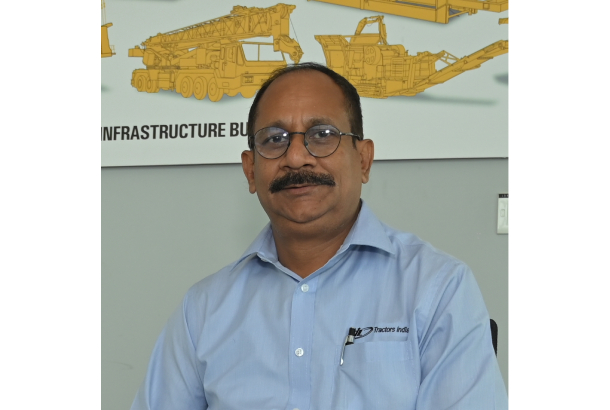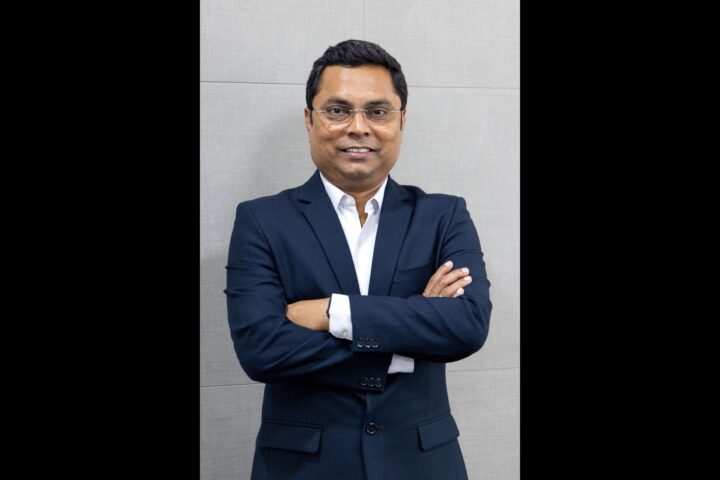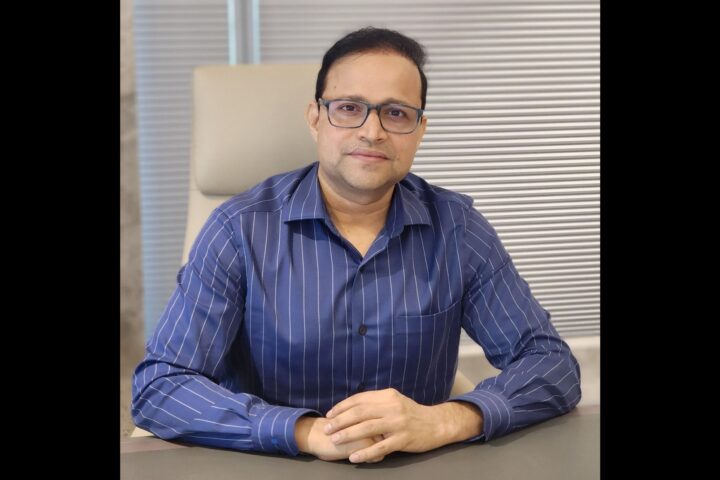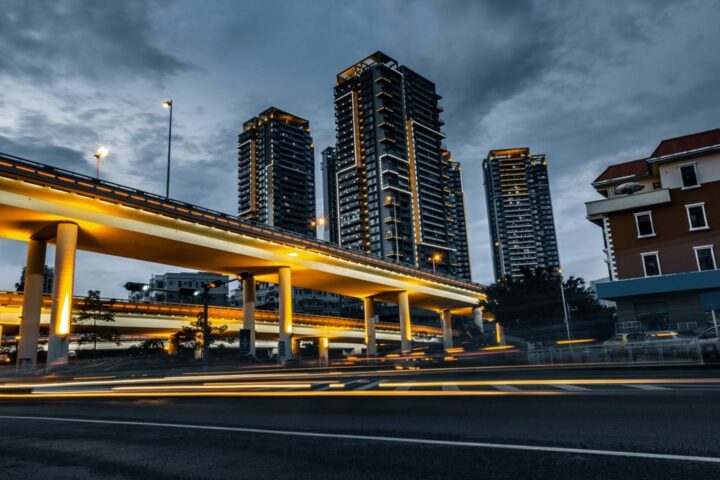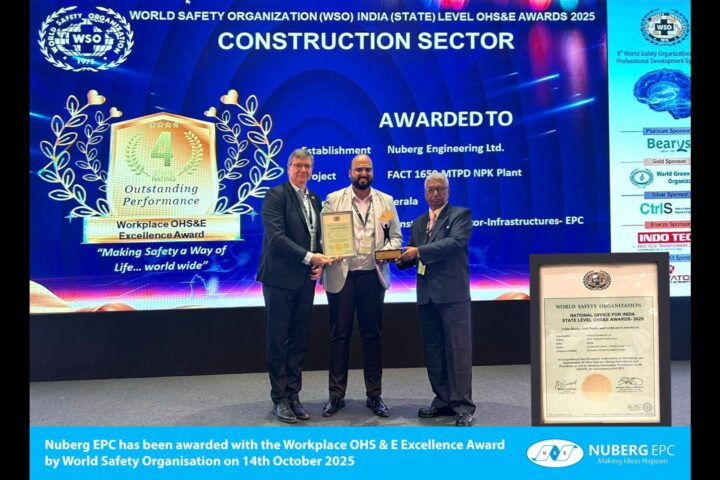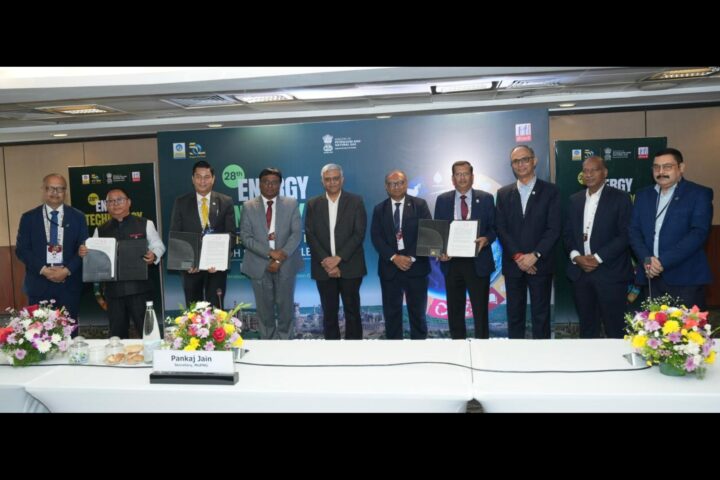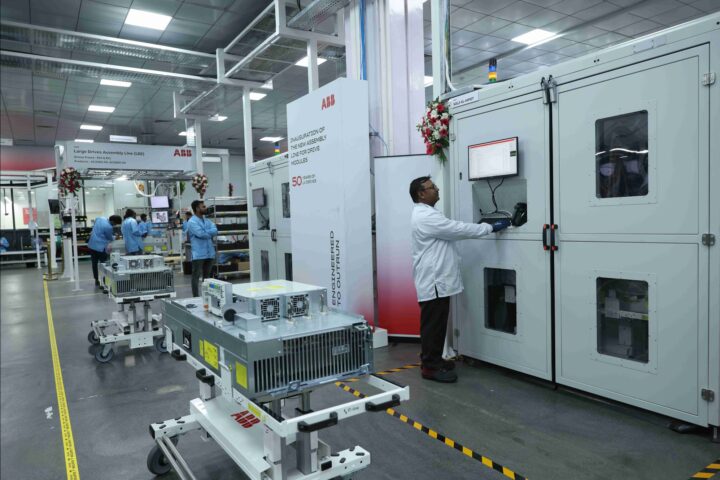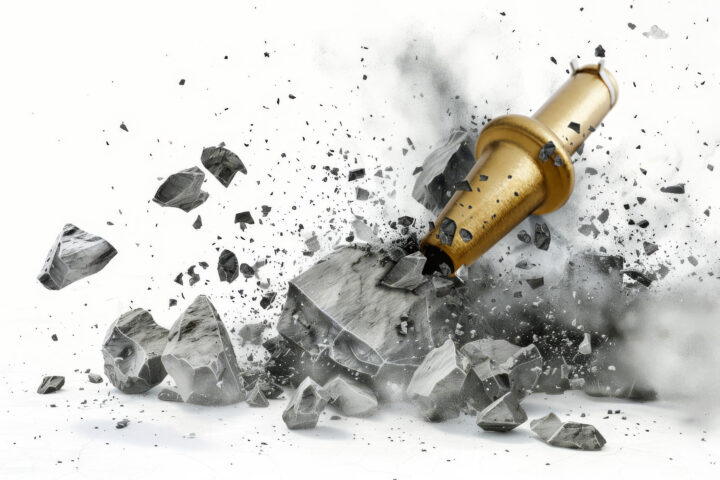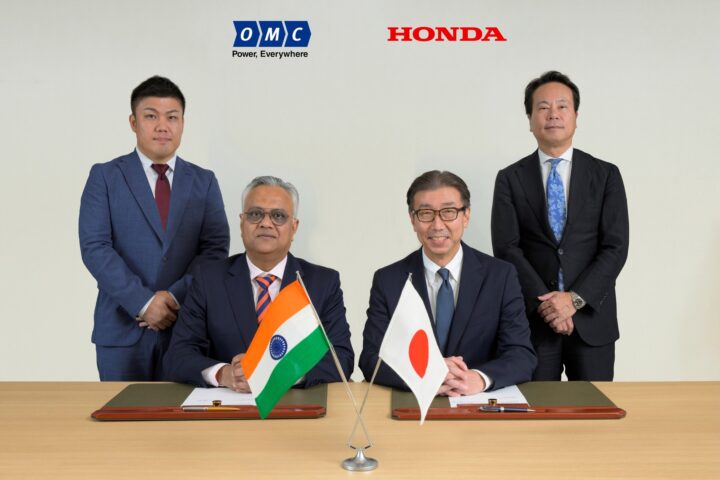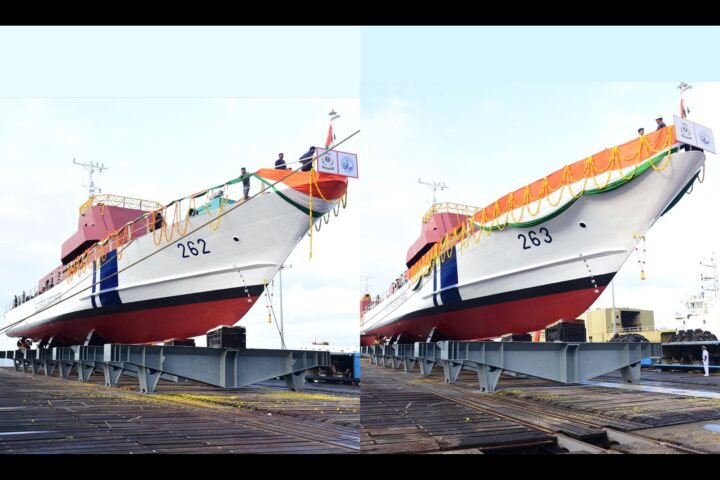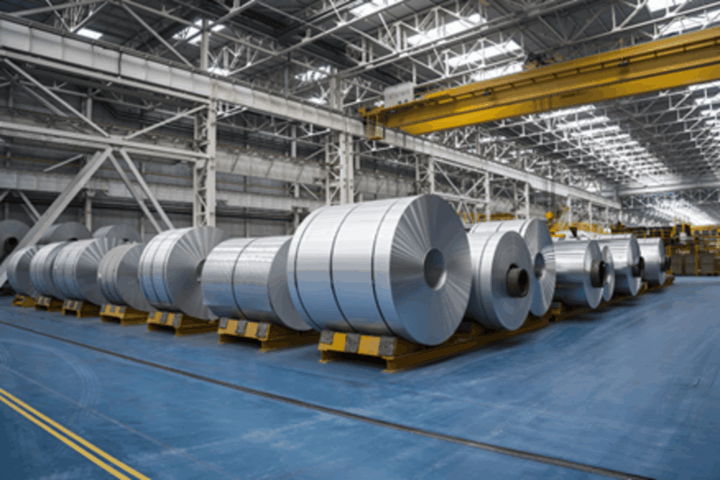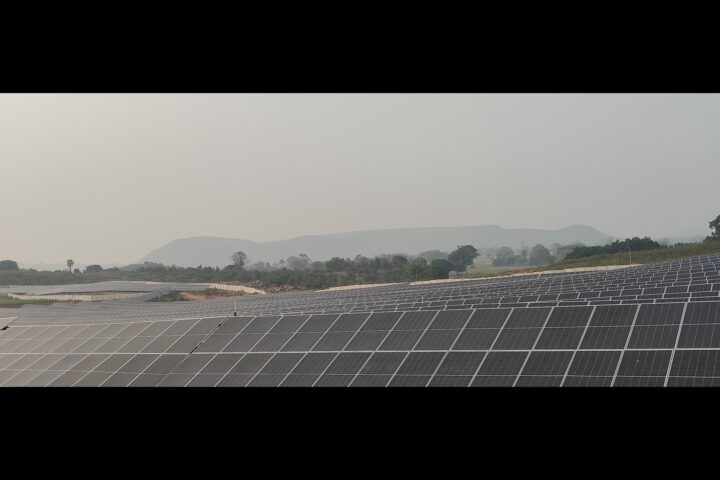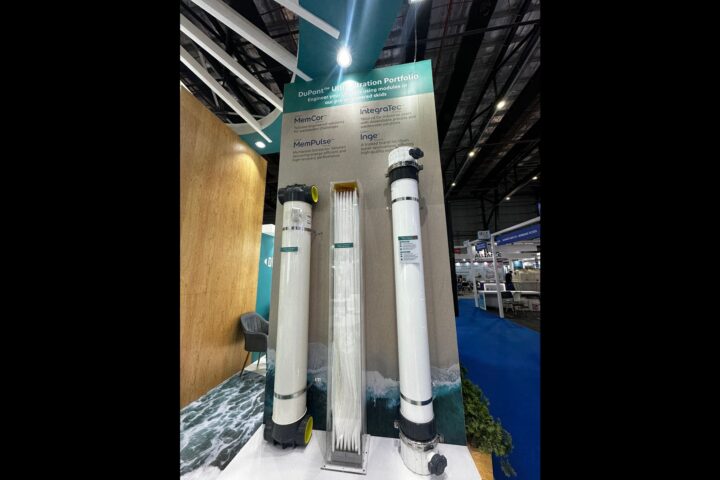The next decade will see increased integration of automation, AI, and sustainable technologies in MHE
With a growing emphasis on sustainable practices, eco-friendly material handling equipment (MHE) has become essential. How is your company adapting to this shift, and what role do you see sustainable MHE playing in industries like logistics, manufacturing, and construction?
At TIL Limited, sustainability has become a key area of focus since our recent transition to being a Gainwell Group enterprise. We are working towards integrating sustainability across our entire value chain, starting with our conscious choice to source recycled steel for manufacturing our material handling equipment. Our approach combines immediate environmental impact reduction through material choices with long-term sustainability through product longevity. We are working closely with our global OEM partners to introduce electric and hybrid solutions to the Indian market. One of our OEM partners has already built machines with hydrogen fuel cells and lithium-ion batteries that power the next generation of container-handling equipment. These increasingly capable electric options are in various stages of engineering, testing and pilot programs. Once they are ready, we will certainly offer them to our customers here and abroad. A more short-term pillar for our sustainability strategy is a comprehensive refurbishment and rebuild program, which extends equipment lifespan (Even beyond the 30-40 years that TIL made machines known for their longevity already last), demonstrating our commitment to circular economy principles. Our focus is on manufacturing high-quality, reliable and tough machines that can perform their duties for longer. Our Kharagpur and Kamarhati facilities are certified to ISO 9001:2015 and maintain stringent quality testing protocols, ensuring that sustainability doesn't compromise performance. This holistic approach particularly benefits sectors like logistics, manufacturing, and construction, where continuous operations demand both environmental responsibility and operational reliability.
How do you see the increased popularity of electric MHE driving the green momentum, and how do green technologies compare to fuel-powered counterparts in terms of benefits and long-term value?
The transition to electric MHE represents a significant shift in the global material handling sector, driven by growing environmental consciousness and long-term cost benefits. Through our partnerships with global leaders like Hyster-Yale and recent collaborations with Snorkel Europe, we're laying the foundation for bringing electric solutions optimized for Indian operating conditions. Government support through various initiatives, coupled with increasing research demonstrating favourable total cost of ownership benefits of electric MHE – including reduced maintenance requirements, lower operating costs, and extended equipment life – continue to drive momentum in this transition. While initial investment costs remain a consideration, the combination of environmental benefits and operational efficiencies creates a compelling case for sustainable material handling solutions.
What is your perspective on customer adaptability of green MHE?
Our market experience indicates that Indian customers prioritise operational metrics and value-for-money propositions above all. Key considerations include metrics like containers moved per hour, total capacity, versatility, fuel economy, and total cost of ownership, regardless of the underlying technology. To address this, Green MHE will need a multi-faceted approach for success in India. OEMs will have to help customers experience green technologies with minimal initial commitment. Secondly, we will need to highlight and demonstrate tangible operational benefits through comprehensive performance data and real-world case studies to customers. Thirdly, a solid aftermarket support network would be crucial. This is one front where TIL strengthened by the Gainwell Group's expertise will be able to ensure maximum machine uptime and operational efficiency. Additionally, we can expect early adoption and interest from urban development projects where infrastructure supports MHE and environmental considerations align with operational requirements.
Which sectors do you see as the biggest adopters of advanced MHE technology in the coming years and how are you going to leverage it?
Key growth sectors include construction, logistics, mining, port logistics, manufacturing, and defence. Our expanded product portfolio, featuring advanced mobile cranes, the Hyster-TIL Range, and Snorkel aerial platforms, addresses these sectors' evolving needs. Our Kharagpur facility's advanced testing capabilities, including India's only ReachStacker testing track and support rigorous quality assurance. The defence sector represents significant potential as well, with our specialised equipment solutions meeting strategic requirements of safeguarding our borders on all fronts. Our recent financial performance, the topline showing a remarkable increase of 1835.84% year-on-year (YoY) in Q1 24 and a strong 45.8% EBITDA growth in Q2 24, reflects strong market acceptance for TIL Limited across these sectors and marks a strong return.
What are the opportunities for green MHE in the rental market? How do you see this evolving?
The rental market serves as a strategic gateway for green MHE adoption, addressing initial cost concerns while demonstrating operational benefits. A rental program will allow customers to experience electric and hybrid equipment without significant upfront investment. Our pan-India presence through regional offices in Kolkata, Chennai, Mumbai, Delhi, and Singrauli will be able to support comprehensive rental service delivery.
What strategies are you using to differentiate your products in such a competitive market?
Our differentiation centers on durability, quality testing, and comprehensive aftermarket support. We emphasise robust design enabling 30-40 year equipment lifespans, supported by the option to rebuild machines for a second life. In addition strategic partnerships with Hyster-Yale, Manitowoc, and Snorkel provide access to advanced technologies. Our enhanced aftermarket support, strengthened by the Gainwell Group integration, ensures rapid response times and efficient service delivery.
What safety features have you integrated into your equipment to enhance operator safety and reduce workplace accidents?
Our safety systems include all-glass cab designs for enhanced visibility, real-time payload monitoring, and ergonomic controls that reduce operator fatigue. High-quality materials in critical components ensure consistent safety performance. The Kharagpur facility's testing protocols verify safety feature reliability. Our focus on operator comfort includes adjustable seats and optimised cab layouts. Our machines come with several features such as, Tilt Lock and Container Clamping System, ROPS/FOPS (Roll-Over Protective Structure / Falling Object Protective Structure), Automatic Load Sensing Hydraulic System, Hydraulic Safety Lock Valves and Emergency Stop System, Outrigger Safety System among many others. These features complement our stringent manufacturing standards certified by ISO 9001:2015.
How do current government policies support the transition to green machinery, and what additional measures would further encourage this shift?
Current policies, including the PLI scheme, provide foundation support for sustainable manufacturing. We advocate for expanded incentives specifically targeting electric MHE adoption, similar to automotive sector programs. Additional support could include R&D funding for sustainable technologies, benefits for manufacturers and customer adoption incentives.
How do you foresee the evolution of the MHE sector in the next 5 to 10 years, particularly with the rise of automation and artificial intelligence?
The next decade will see increased integration of automation, AI, and sustainable technologies in MHE. We anticipate growth in electric and hybrid solutions, supported by advanced telematics and predictive maintenance. Our strategic partnerships and manufacturing capabilities position us for this evolution. The focus remains on durability and sustainability, with enhanced digital features improving operational efficiency. Our current initiatives in electric technology and IoT integration align with these future trends, supported by our Rs.214 crores order book demonstrating market confidence in our direction.


